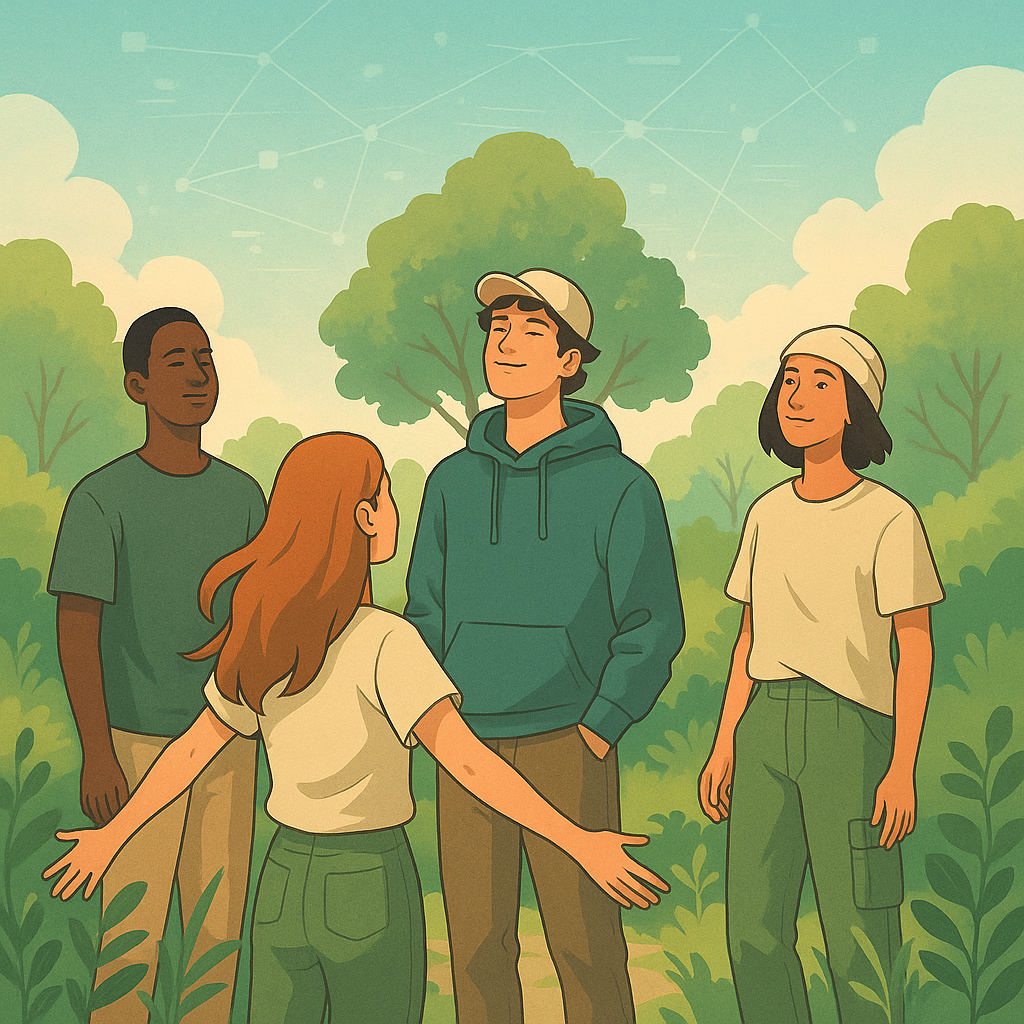Physical Address
304 North Cardinal St.
Dorchester Center, MA 02124
Physical Address
304 North Cardinal St.
Dorchester Center, MA 02124

Ever feel like the world’s gone mad? Wars everywhere, governments you don’t trust, shady stuff going on at the top—and you’re just meant to carry on like it’s all normal?
If that’s you, this post on decentralisation might be the lightbulb moment you didn’t know you needed.
We live in a fully centralised system meaning one group or government controls everything, we have to trust them to make all the decisions and follow all the rules they set — even if you don’t agree with them. All the power is concentrated at the top.
They control the money, the rules, and the information. When a crisis hits — like a pandemic or war — they profit while regular people suffer. Billions go “missing” in government spending, insider deals get made behind closed doors, and companies tied to politicians rake in massive profits.
Meanwhile, the average person gets higher bills, less support, and no say.
This is how the rich keep getting richer, and the poor keep getting poorer — and it happens over and over, because the centralised system is designed that way to benefit those at the top.
Decentralisation breaks that cycle by spreading power, removing gatekeepers, and making everything transparent. It’s not perfect — but it’s a step toward a fairer system that actually works for the people.
In simple terms, decentralisation means no single person, company, or government controls the system. Instead, power is spread among the people throughout the world.
💡 Think of it like this:
The internet is decentralised — no one owns it.
Facebook is centralised company — that one company pulls all the strings and controls everything.
This scenario can be seen everywhere with banks, governments and social media platforms, where one entity control everything. If you do not play their game by their rules you can be in big trouble.
Banks can freeze your bank accounts and stop you sending or receiving money. Governments can block your payments. Platforms like Facebook or Instagram can delete your profiles at the drop of a hat.
That’s the problem crypto was built to solve.
Crypto was built to be more like the internet. No middlemen. No gatekeepers.
To truly have freedom and authority over your own life, we need systems that no single group can dominate. If one body/authority controls everything — your money, your data, your choices — then freedom is an illusion. You might feel free, but you’re operating inside rules you didn’t write, enforced by systems you can’t escape. That’s not real autonomy — it’s controlled permission.
That’s where decentralisation comes in. A world where no one can flip a switch and silence you, block your funds, or change the rules without your say. Without some level of decentralisation, freedom is always at risk.
At the heart of it all is decentralisation — the idea that no single person, company, or government is in control. Power is spread out across a global network of computers. No single failure. No switch to flip off. No gatekeeper to beg for access.
Decentralisation enables fairness and freedom. It’s not just a technical feature — it’s freedom coded into the system.
In a decentralised system, no single person or company is in charge. Instead, thousands of people and computers around the world work together to run the system.
It’s like a massive group chat where everyone has a copy of the messages—where nothing can be edited or hidden.
Everything is saved in a public file that anyone can read at any time. So if someone tries something dodgy, everyone sees it.
Now imagine that any time a change needs to be made—like adding a new rule—everyone in the chat gets a vote.
No single person can make changes behind your back.
You see it. You vote on it. Power stays with the people.
That’s how decentralisation works. Transparent. Shared. Unstoppable.
Everyone has a copy of the data, and changes can only happen if most of the network agrees — not because one person decides.
This means:

Crypto can offer this decentralisation — which gives regular people more power.
Most crypto systems, like Bitcoin, run on something called a blockchain. That’s just a public record of transactions that can’t be changed. It’s called immutable — once something is added, it’s there forever. No one can delete it, fake it, or secretly edit it, and EVERYONE CAN SEE IT AT ALL TIMES.
That alone makes a huge difference.
In centralised systems, records can be hidden, altered, or deleted — especially by people in power. That’s how corruption happens. But with crypto tech, everything is open and locked in. Anyone can check it. Nothing goes missing. No one can quietly steal billions or cover their tracks.
When systems are open and can’t be tampered with, it protects the public. It creates trust without needing to trust the people in charge — because the code and the network don’t lie.
That’s what crypto makes possible — and it’s a massive step toward fairer systems for everyone.